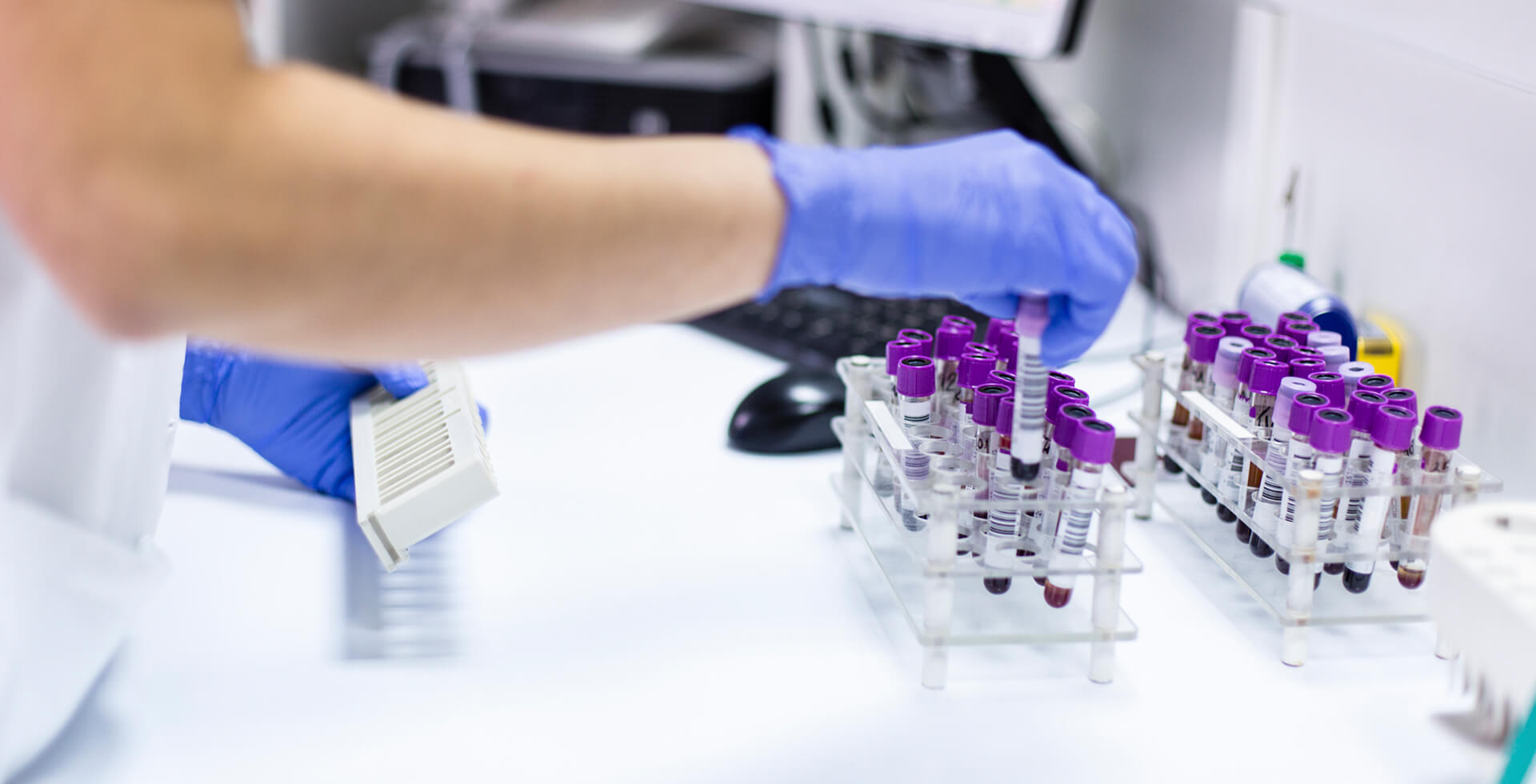Coronavirus: stay alert for further market volatility

Summary
We expect this outbreak to hurt China’s economy in the short term, but we are still positive about the country’s long-term prospects. Throughout Asia, supply-chain troubles will likely have a broadly negative effect. But we don’t expect the global economy to be hit as hard as China’s: central-bank policies, corporate earnings and stabilizing economic fundamentals still seem supportive of global risk assets.
Key takeaways
|
Coronavirus: what’s at stake for investors?
The outbreak of the Wuhan coronavirus is the first “black swan” event of 2020. It has made investors exceedingly nervous given China’s history of infectious-disease outbreaks and fears of the virus spreading quickly around the globe.
These concerns are understandable, given that hundreds of deaths have already reported and researchers are just beginning to learn how this virus works. The steps China has taken in response – including quarantining tens of millions of people and extending the closure of its stock exchanges beyond the Lunar New Year holiday – have already caused economic damage and a large one-day drop in China’s equity market. (However, global markets have rallied after an initial sell-off on hopes that the virus transmission may slow in the coming weeks and new treatments could prove effective.)
Overall, we still have a positive long-term view of China, particularly if the outbreak is brought under control in the coming months. This will take herculean efforts that will undoubtedly come at a huge cost, but we think the Chinese government has the will and means to implement them. In fact, the People’s Bank of China already injected huge amounts of liquidity to counter the impact of this new outbreak – though we don’t expect this stimulus to improve economic conditions substantially until the virus has been contained.
How could this outbreak affect economic growth?
Global growth will likely be affected by a China slowdown
Although some market-watchers have compared the potential economic impact of this new coronavirus and the 2002-2003 SARS outbreak, there are important differences to consider. We don’t yet know the true nature of this new disease, and China has grown much bigger and more economically important since SARS. Moreover, we are now late in the global economic cycle, not at the beginning of an upswing (SARS happened when the global economy was already recovering from the burst of the tech bubble) and overall, valuations are generally elevated today vs moderate during SARS times. On the positive side, communications and medical technology has improved drastically since SARS. All these factors make the economic impact of this outbreak exceedingly difficult to predict – but a slowdown in China today will likely hurt global growth more than it did 20 years ago.
China’s GDP was already falling and will likely drop further
Even before this disease began to spread, China’s growth was slowing somewhat as the government worked to lower its economy’s overall debt levels and “rebalance” towards a consumption-driven model. We think the Wuhan coronavirus has the potential to depress China’s 2020 GDP growth by one percentage point, moving it closer to 5% – though this would still be higher than the growth seen in much of the developed world.
Asia’s optimism over trade may subside
Recently, other Asian economies appeared ready to bounce back on optimism surrounding a US-China trade deal. But Asian investors have turned cautious on the realisation that the spread of the Wuhan coronavirus and accompanying quarantines could be much more disruptive to global supply chains than trade tariffs. On the positive side, central banks in Asia still have room to supply monetary stimulus to attempt to jump-start economic growth.
What are the implications for investors?
- In China, expect to see more setbacks in key sectors that have already been hurt by the outbreak – including tourism, airlines, gaming, and even oil and other commodities.
- In the US, risks are more sector-specific – oil and energy, travel and tourism, and some retail/luxury brands could slide lower. But if the virus is contained in the US, we believe investors will once again focus on the fundamental factors that have been moving markets – including corporate earnings, Fed monetary policy, broader economic data and US politics.
- In Europe, we had started to see tentative signs of stabilisation in manufacturing and trade. But the Wuhan coronavirus may derail this modest recovery in the short term, since European economies are large trading partners of China and Asia.
- Globally, until this epidemic is brought under control, multinational corporations will worry about lost revenues, lower trade, and potential store closures in China. Supply chains globally will likely feel an impact if the flow of goods slows or people move around less – whether from quarantines or general virus fears.
- Overall, barring any lasting economic shocks from the epidemic, we continue to see a supportive backdrop for risk assets, in the US and globally, with an environment of generally low rates, low inflation and stable growth. But more equity-market volatility should be expected, particularly after a stellar year in 2019. Keep in mind that equity markets have typically experienced between one and three corrections of 5%-10% per year. The Wuhan coronavirus could still spark the first correction of 2020.

A growth slowdown could change the course of the 2020 US elections

Summary
The US economy’s current good health is good news for President Donald Trump ahead of his bid for re-election later this year, but there is scope for market volatility – and even an economic deterioration – before November’s poll
Key takeaways
|







